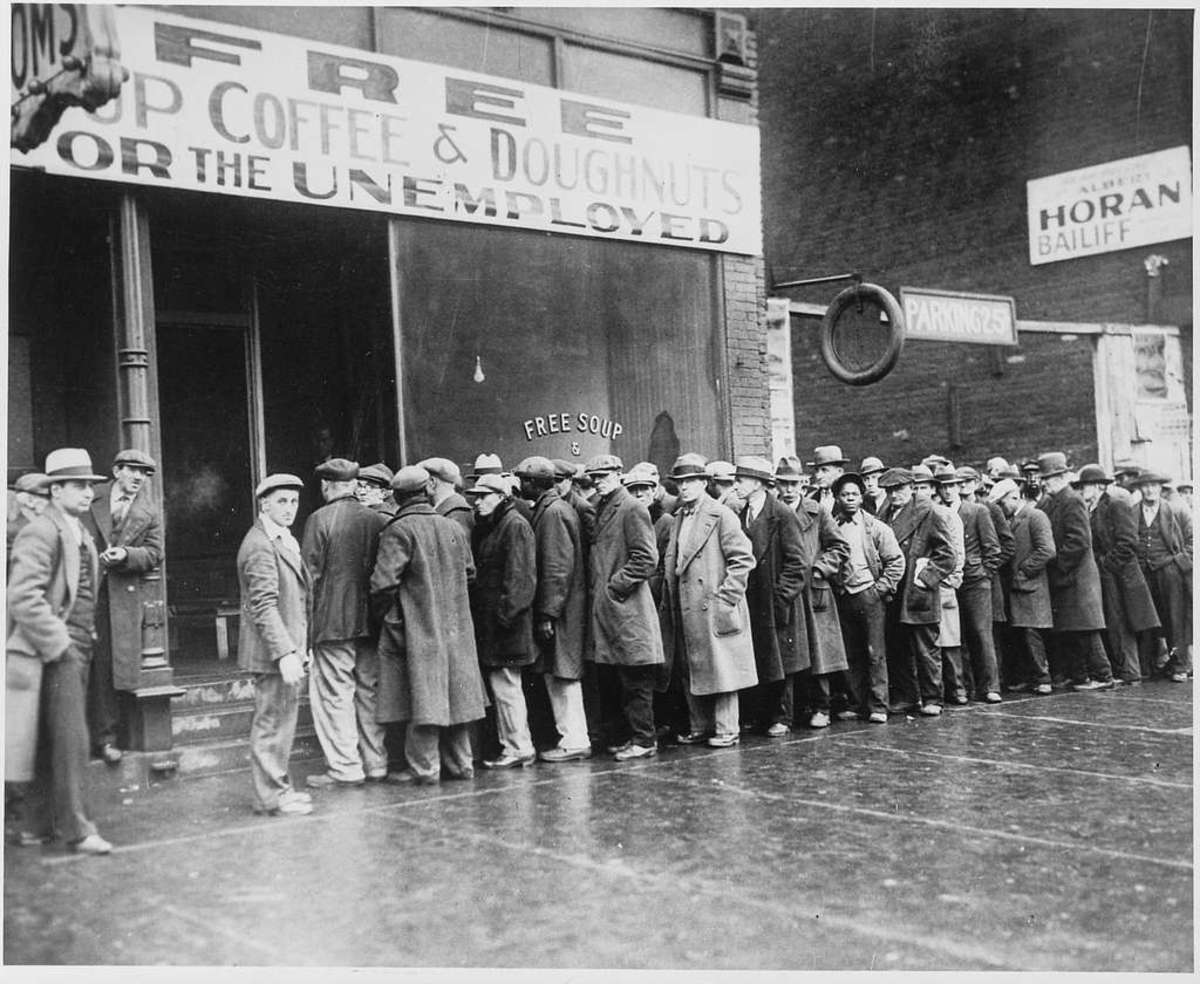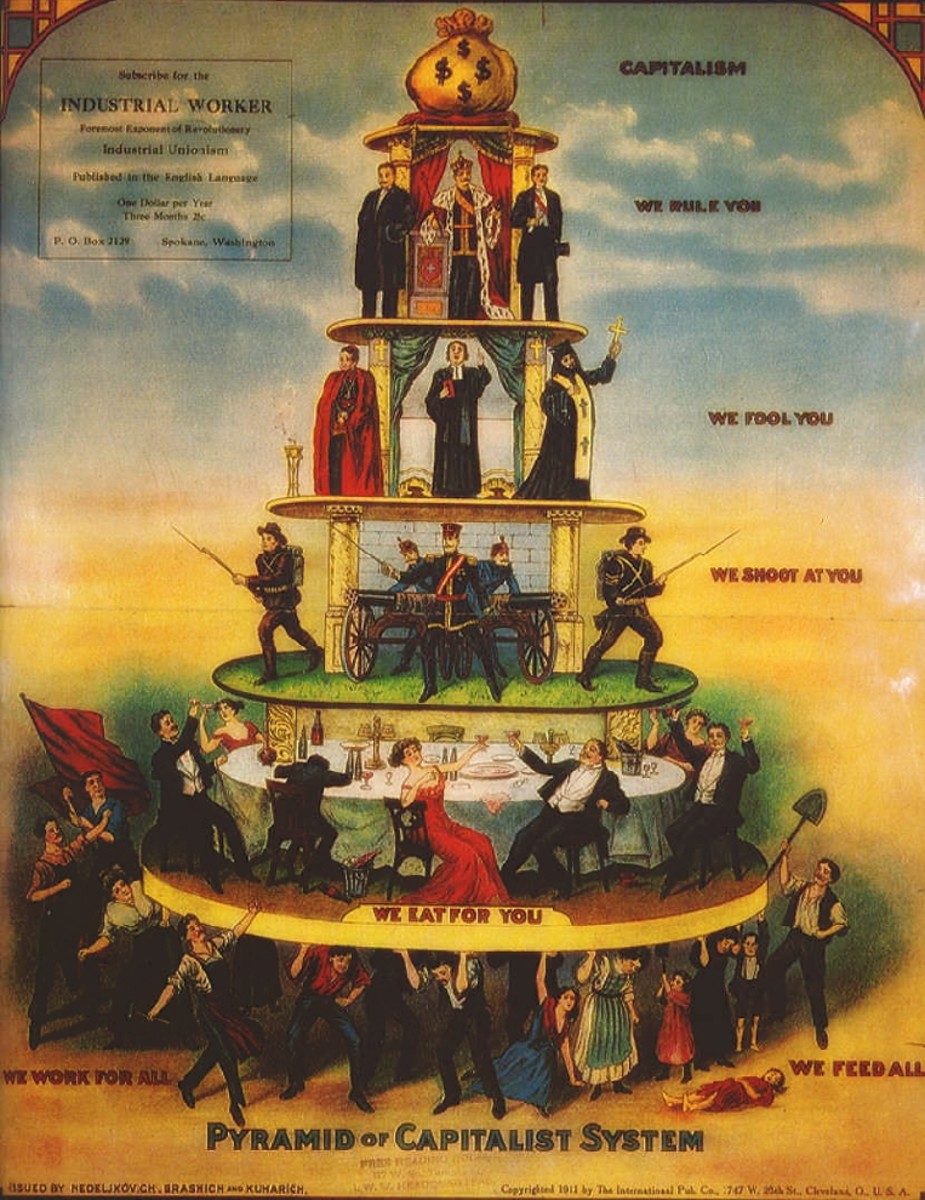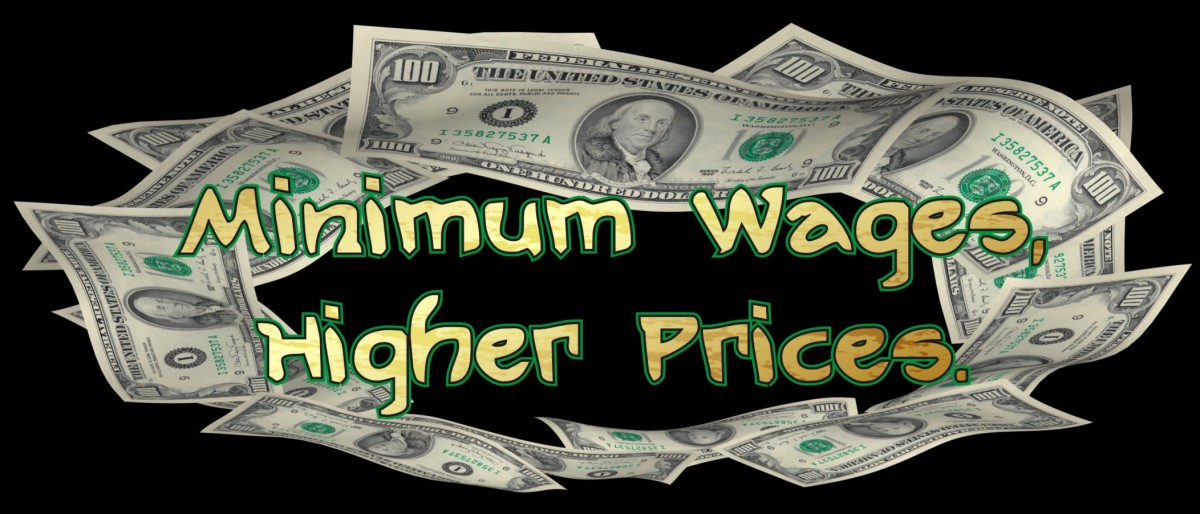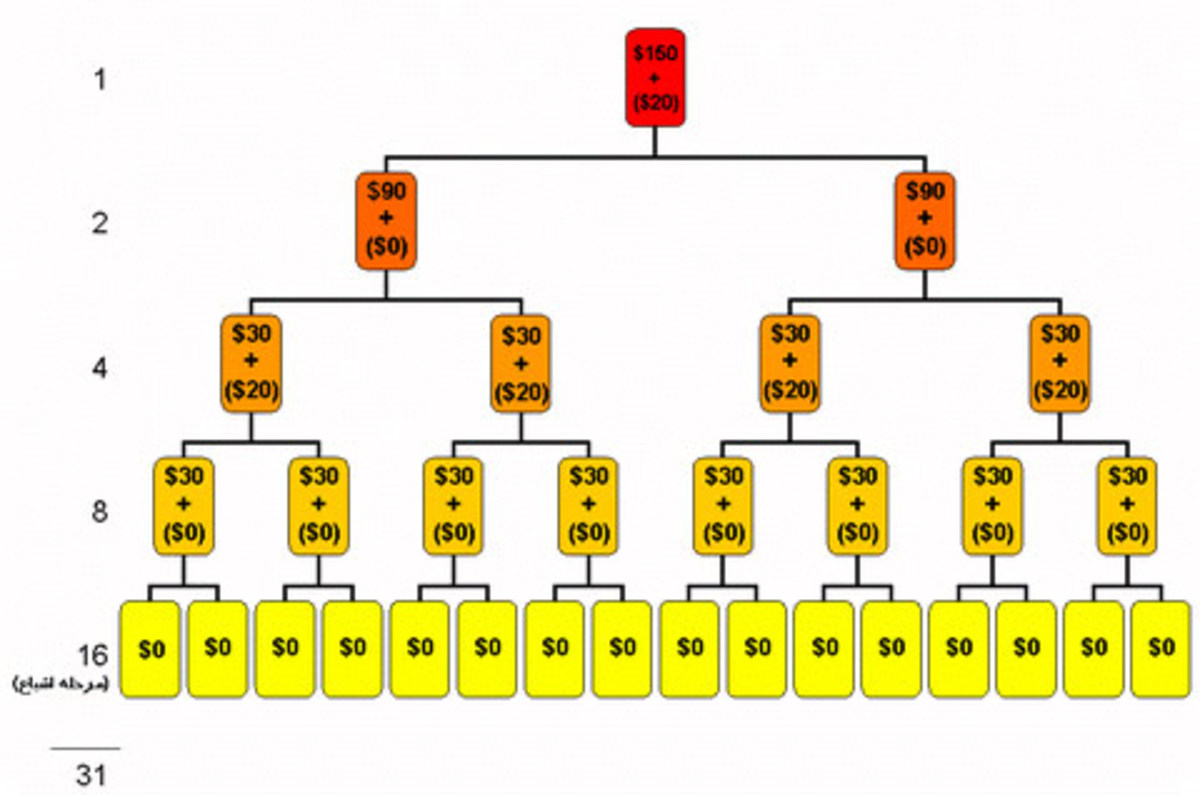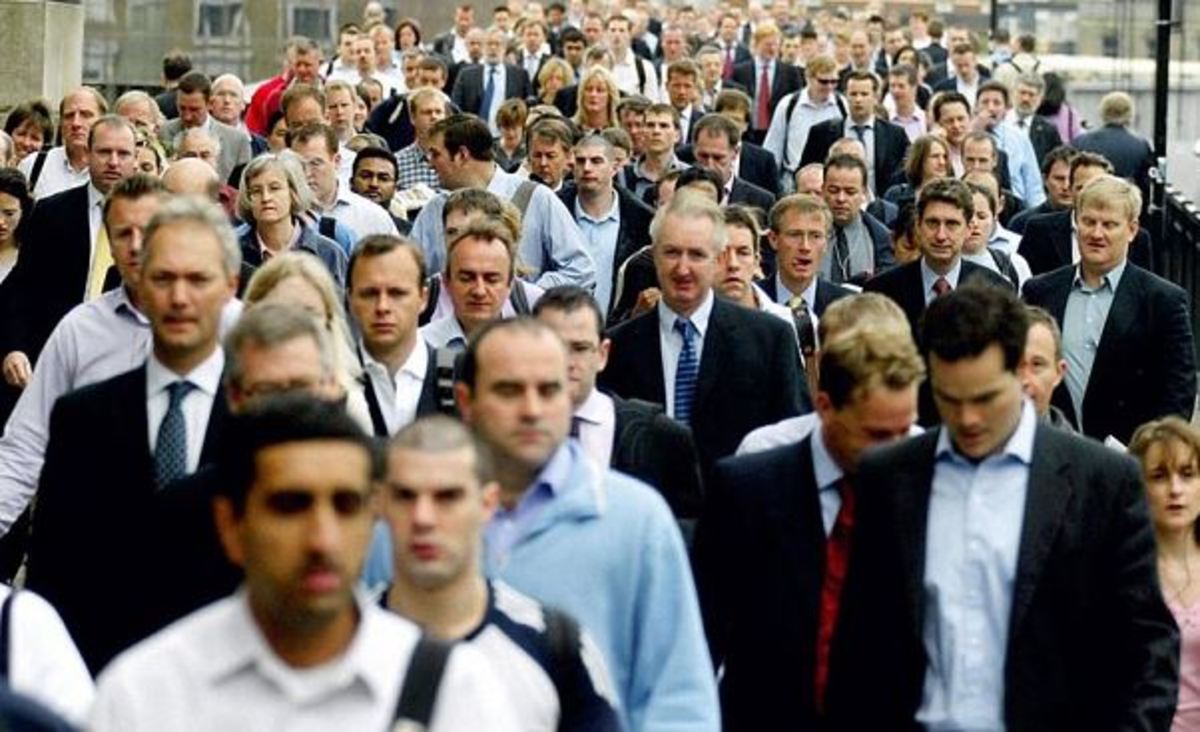Capitalism, the Never Ending Saga: The Minimum Wage Provision

The inspiration for this article comes from a friend and fellow hubber, Old Poolman. I call him OP for short. We, in our discourse, are working through the issues of the day to find these common sense solutions outside of traditional ideological and political battle fronts. He, in one of the comments from another well written article from another prolific writer, American View, questions the value of the minimum wage as it is current applied. He graciously asked for my point of view.
We all have learned in school that Capitalism (aka) the free-enterprise system is the predominant one in the American economy. It is responsible for creating more wealth for more people in the shortest period of time than any other. It has made the American economic model the envy of the planet. But as with any system (dynamo), there are cracks and fissures at the boilers where tweaks and adjustments need to be made in the interests of the larger society.
Step, if you please, into my ‘wayback machine and let’s have a look at the world before the minimum wage law was in place. Most of us have seen plenty of pictures of life at the beginning of the Twentieth Century. We had a robust leader in the person of Theodore Roosevelt, who was talking to us all about a “Square Deal” Do you remember the crusaders, known as “Progressives” who spoke of the squalid living conditions of so many people on the margins. These were the filthy slums and tenement houses. People would work for whatever the market would bear and whatever the employer wanted to pay. What we end up with were the pictures of children working in factories. Without a living wage, entire families, including children had to work in order to survive. In the underground economy today, I am sure that is the case for many migrant workers that pick the nation’s harvests. Well some of the do-gooders realized that too often child labor was child exploitation and that children should be in school. Capitalism by its very nature is a constant push for the ever more efficient. The owner is only profitable when he cuts labor costs and prices the product at the highest levels the market will allow with the goal of ever greater profits for him and shareholders. With today’s migrant worker you can see what happens.
Capitalism has booms and busts, “panics’ as they were known during the 19th and early 20th century. The Great Depression showed us all that going along with the market’s boom and bust cycles without mechanisms in place to ameliorate the extremes was not a viable approach. Government had to intervene to prevent the entire society from coming undone. Thus, a part of FDR’s New Deal reforms was the introduction of the Minimum Wage Law in 1938. You can no longer use market forces as an excuse to exploit labor.
If the market makes it possible for you to hire cheap labor at $3.00/hr, why not? If we did not have mechanisms in place to prevent it we could revert back to the early Twentieth Century economic model. That would be inconsistent with citizenship in a responsible society that has needs that go beyond the bottom line of American business owners. If corporate America won’t provide a living wage, then it is we the taxpayers that must bear the burden. We pay with higher crime rates, delinquency of the young, etc. There is the Dickensian vision of homeless waifs in the street. It only follows that the costs of welfare and entitlements to supplement inadequate wages are going to increase. When I was asked one time about paying more for my vegetables and produce in exchange for ridding ourselves of the underground economy and paying agricultural workers the standard minimum wage, I said ‘yes’.
In regards to the corporations, I have to ask that out of their great profitability in recent times, that they recognize that paying a fair wage is the part of the cost of doing business, so as the burden of that shortfall is not passed on to the rest of us in the form of higher taxes. The minimum wage is part of the rules of play for industry. In recognition of those small business owners, I do not have much sympathy for corporations in regards to this issue. It is not unreasonable to negotiate with workers over wages and salaries taking into consideration the economic climate. As for where that minimum wage should be is something that should be taken up with economists, people far more qualified than I to find this happy median. I just say that some reasonable floor will always be necessary. The corporation is much like the Arnold Swartzenegger character,” The Terminator”, an amoral entity with a single minded focus. In the case of the corporation, it is profit and everything else amounts to a mere distraction. I am not saying that the corporations are ogres; we just need to understand their motivation and make legislative and fiscal policy decisions that reflect that reality.
As President Obama said in a recent address, we are not here just to fend for ourselves. A successful society has to take more into account than the profitability of its business people. Wasn’t that the appeal of Walmart, all the low prices? What were the Chinese laborers being paid to produce the products that we are so quick to take from the shelves? What is to keep this pattern from happening planet wide? There has to be clear rules and balance between the desires of labor and that of capital. When I look at the profitability of the upper economic groups relative to working and middle class, it is evident that the vast majority of us do not share in the bounty. This is to be expected, but it so extreme today; that we have to ask how much buying power is being taken away so that it shows up on the profit line of big business balance sheets. Resentment with a lack of economic parity as perceived by the many can sink entire civilizations. The moral of not killing the goose that lays the golden eggs is a good analogy. That golden goose is the American laborer and if you get too greedy you could well end up with nothing. Without government intervention there is nothing to prevent us from revisiting the concepts of lords and serfs, slaves and masters. The middle class, its ability to buy goods and services based on a fair wage, not exclusively determined by buffeting market forces, will be the key to their survival and subsequently that of every other American, as well.

